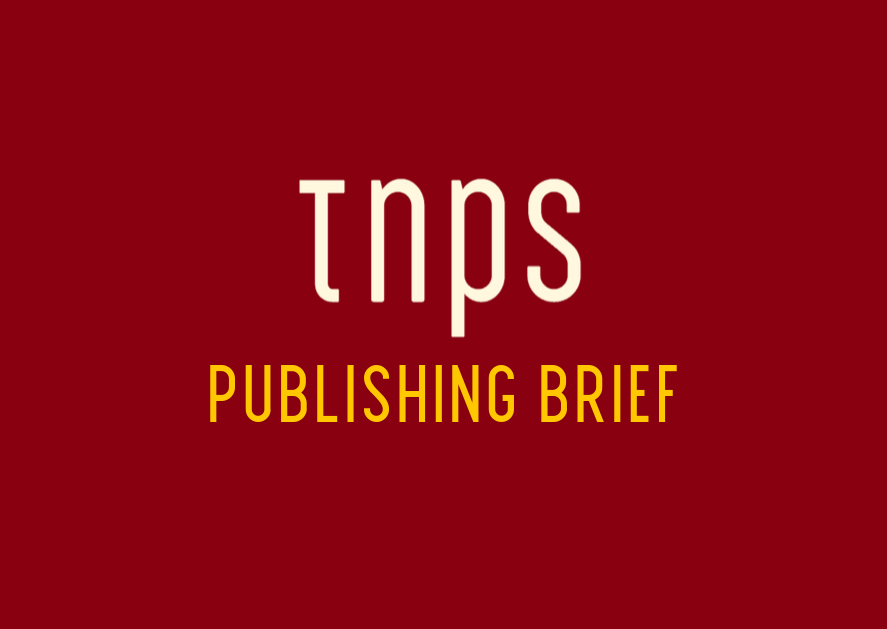“I’ve launched, failed and relaunched; here are the crucial lessons I’ve learned.”
Last week The Bookseller carried a commentary piece by Sydney Liu of Commaful, a “publishing start-up which reached millions of visitors, housed hundreds of thousands of stories, poems, and fanfics—and got shortlisted for a FutureBook Startup of the Year award. Then we shut it down.”
Liu now has a new startup, CharacterHub, “a place for creating, saving and sharing fictional characters.”
The publishing industry’s digital space is littered with even more failed startups than in the physical space, which may seem counterintuitive – after all digital startups have a fraction of the overheads and potential global reach no physical enterprise can match, so if you know your way around the backend of a website, or can pay for someone who does, then your place in history is assured.
Yet still startups fail in numbers far higher than those that succeed. And Liu’s experience – where the operation managed to attract millions of visitors, but was still shuttered, is not untypical.
Mester Catalin has turned learning from failure into a success story in its own right, and one of the core teaching elements at my school here in The Gambia is assuring the children that making mistakes is part of everyday life and does not mean failure, just so long as you learn from any mistakes and emerge stronger.
So I have no hesitation is sharing Sydney Liu’s thoughts on how the failure – if that is even the right word here – of Commaful has morphed into a new enterprise, with lessons learned.
These are the key points. Click through for the full essay over at The Bookseller.
1. Content matters far more than format or tooling:
“Even with exciting features at Commaful, if we didn’t have great content, people wouldn’t stay. Despite positive feedback, users would go elsewhere for better fan fiction or higher-quality comics on platforms like Wattpad or Tapas. We thought getting bigger would solve these issues, but it didn’t. “
2. You started a publishing start-up. Good luck moderating it:
“When our community had less than 1,000 members, everything seemed perfect. I thought we had the magic touch. But then, problems started. Inappropriate posts, arguments and bullying appeared. A spamming gambling bot that posted a new story every 0.5 seconds hit us too. We weren’t ready for this.”
3. Traffic, traffic, traffic:
“Ask any founder in content, publishing or storytelling what they lose sleep over and they will tell you distribution. With millions of users, it’s easier to form partnerships, attract high-quality content and find more ways to grow and make money. Though I knew how important traffic was, we still didn’t focus enough on it at Commaful.”
Read the full post over at The Bookseller.
This post first appeared on TNPS LinkedIn.




